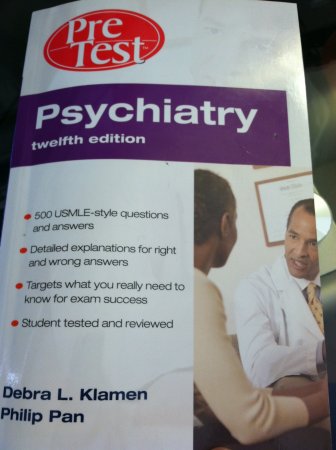The following is a post I wrote during medical school.
******
Questions are powerful. They stimulate thought. They encourage discussion. And sometimes, they do so much more.
During my time on the Adolescent Psychiatry unit, one of my favorite questions to ask my patients was “if you had 3 wishes, what would you wish for?” or some variation thereof.
It’s not an exact science. But I felt like the question gave me a little bit of an insight into their minds. I had frequently heard the child psychiatrists ask this question of the tiny tots. I didn’t hear them ask this of the adolescents. I’m not sure why.
I remember one patient telling me that one of his 3 wishes included destroying the place we were in. As far as I could tell, I took this answer in stride. I asked him why and he admitted that he didn’t feel like the facility was very helpful. He just wanted to get out of there and go home. A couple days later, when I asked him again, I was glad to hear him say that he had changed his mind. He realized that value of the psychiatric unit and didn’t want it torn down and destroyed anymore.
Another patient told me of her wish to buy her mother a big house. It’s probably safe to assume how and why a wish like this would begin to take hold in the mind of a young person. Other teens also voiced their own desires for material items.
Regardless of the wish, big or small, I felt like it was a backdoor into understanding a little bit more about my patient. And in psychiatry, you take whatever you can get — at least that’s how I felt about it.
What happened to me, though, was that I began to look introspectively. I would like to think this sort of thing happens more often than not to students rotating through psychiatry. I began to think about what I would wish for if I were given 3 wishes. In fact, I was pretty much forced to think about it for myself when one of the patients turned the question back on me after he had answered the question himself.
If I remember correctly, I think I answered that I wished 1) to be done with my schooling and 2) for a lot of money. I told him I’d save the 3rd for later. He thought it was clever. But in looking at my first two wishes, I realize that I’m not that much different than the patients I was seeing. I seem to want physical and financial freedom just as much as they do. I just word it a little bit differently.
And that’s how one little question helped me feel closer to the patients I was seeing each day.





